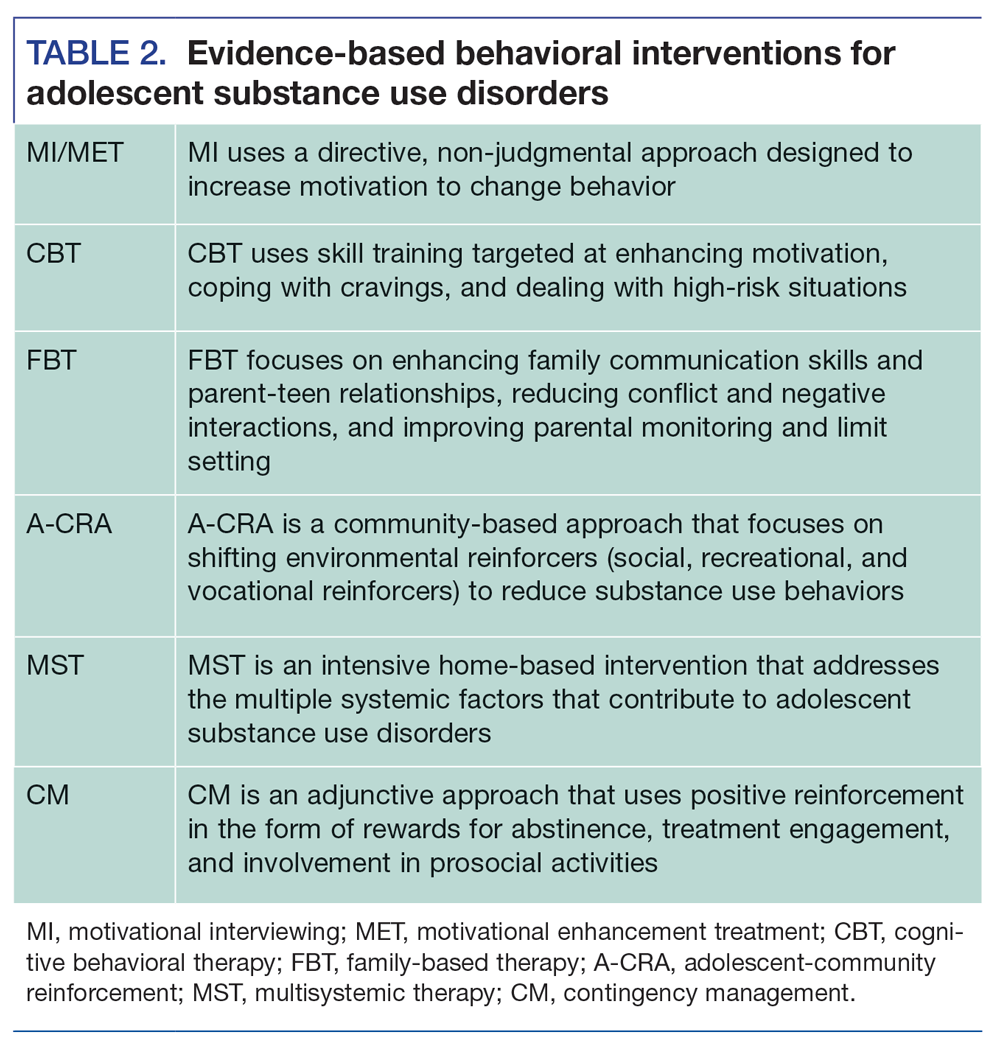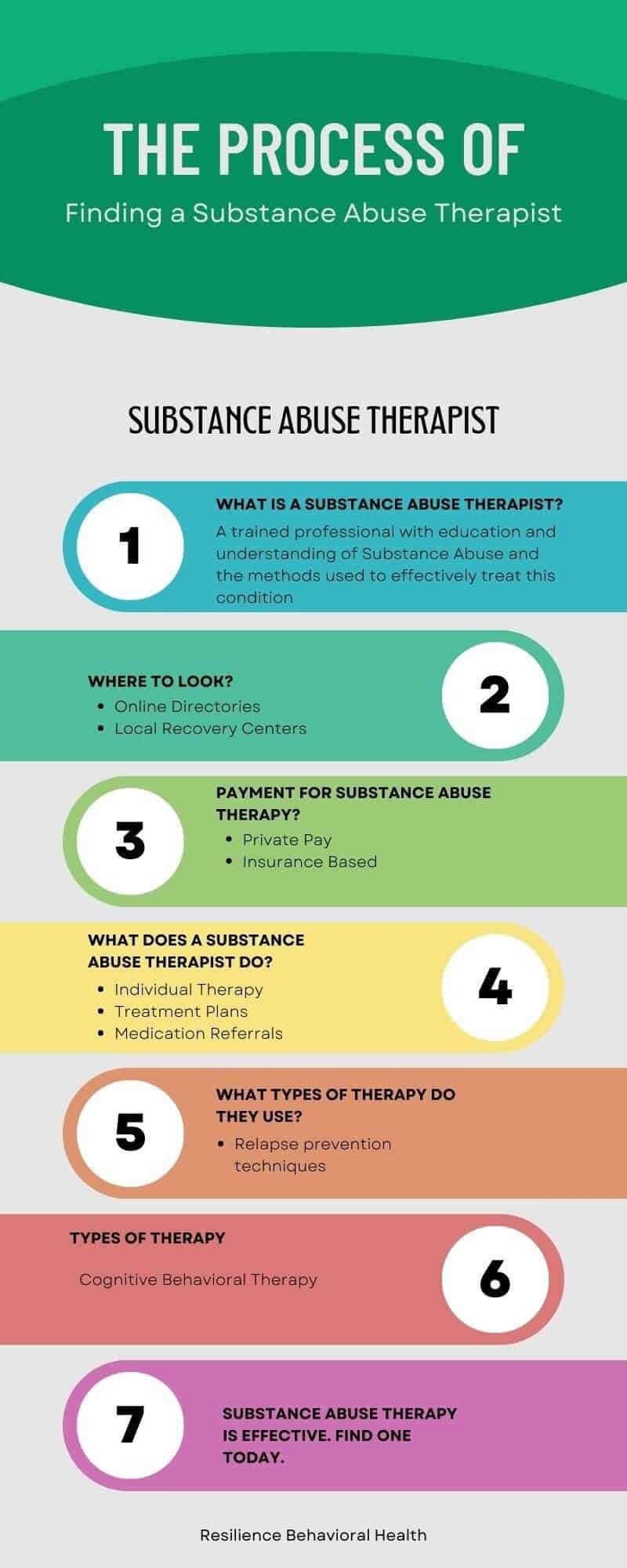Drug Abuse Rehabilitation: Pathways to Recovery and Recuperation
Substance Abuse rehabilitation plays a vital duty in helping individuals overcome the battles of addiction and reconstruct their lives. Whether a person is battling alcohol dependency, medicine dependency, or prescription misuse, rehabilitation centers give an organized atmosphere for recovery-- physically, mentally, and psychologically. In today's world, where the difficulties of addiction prevail, recognizing what rehabilitation requires, its significance, and the kinds of solutions offered can make a significant distinction in one's journey to recovery.
Recognizing Substance Abuse and the Need for Recovery
Drug abuse affects numerous people worldwide, reducing across age, sex, and socioeconomic lines. It is a complicated problem defined by the uncontrollable usage of hazardous materials in spite of negative consequences. Alcohol and drugs can alter mind chemistry, causing physical dependence and emotional instability. In time, dependency takes control of an individual's judgment, capacity, and behavior to operate usually in society. Many individuals that drop into this cycle typically find it hard to give up without professional help.
Recovery comes to be important since dependency is not merely an absence of willpower-- it's an illness that impacts the mind and body. Rehabilitation facilities supply evidence-based therapies that target the source of Substance Abuse as opposed to simply the signs and symptoms. These programs provide structured settings that motivate recuperation with medical detoxification, counseling, and skill-building. The ultimate objective is to assist people establish coping devices and lead drug-free, productive lives.
The demand for rehabilitation frequently develops when a person can no more handle daily obligations or keep connections because of Substance usage. Family members disputes, work efficiency issues, or health issues are commonly the very first indicators that specialist help is required. By looking for therapy early, individuals can stop lasting damage to their physical wellness and emotional health.
The Significance important Abuse Rehabilitation
Recovery is not merely concerning quitting medications or alcohol-- it's about makeover. The importance of rehabilitation depends on its alternative strategy to recovery, concentrating on the individual as a whole instead of simply the dependency. Numerous individuals enter rehab at their floor, commonly really feeling hopeless and isolated. The organized environment of a rehab center supplies them with the devices and assistance to rediscover function and self-regard.

Among the essential advantages of rehab is the medical supervision given during cleansing. Withdrawal signs can be intense and, in some instances, deadly. Experts keep track of the procedure, making sure safety and security and convenience while lowering the threats of regression. Past physical healing, rehab also deals with the psychological elements of addiction through treatment and therapy. Cognitive-behavioral treatment (CBT), motivational talking to, and group sessions aid people comprehend their triggers and find out healthy and balanced coping mechanisms.
Rehabilitation provides lasting benefits that expand past the person. Families regain stability, partnerships are fixed, and areas benefit when individuals rehabilitate as healthy and balanced, adding participants. Substance Abuse not just hurts the individual involved but likewise impacts liked ones. Recovery aids break this cycle, promoting healthier environments for everyone involved. In significance, rehab is a financial investment in life, health and wellness, and the future.
Services Offered in Substance Abuse Rehabilitation Centers
Recovery facilities use a wide variety of solutions customized to the special needs of each person. The objective is to produce a tailored therapy strategy that attends to physical, psychological, and social aspects of recovery. The initial phase of the majority of programs is medical cleansing, where the body is cleaned of dangerous compounds under professional supervision. Detox helps handle withdrawal signs and symptoms safely, leading the way for more restorative interventions.
Adhering to detoxification, patients usually move into therapy and therapy sessions, which create the core of dependency treatment. Specific treatment allows clients to work one-on-one with certified specialists to discover underlying issues, such as injury or mental wellness problems that might have added to addiction. Team treatment, on the other hand, promotes peer support and responsibility. Sharing experiences with others who have dealt with comparable battles aids individuals really feel comprehended and motivated.

Sorts Of Rehabilitation Programs Available
Not all rehab programs coincide. Depending on the extent of dependency, personal choices, and life conditions, individuals can select from several kinds of rehab programs. One of the most typical are inpatient, outpatient, and domestic therapy programs. Each offers distinctive advantages designed to provide to different degrees of treatment.
Inpatient rehabilitation programs require people to stay at the treatment center full time, generally for 30, 60, or 90 days. This setting gives continuous clinical and emotional support, getting rid of interruptions and lures from day-to-day life. Inpatient care is ideal for those with extreme addictions or co-occurring psychological health and wellness disorders, as it makes certain extensive guidance and intensive treatment.
Outpatient rehab programs provide more adaptability for individuals who can not devote to full-time therapy. Participants go to treatment sessions several times a week while continuing to live at home or preserve work obligations. Outpatient treatment is best fit for those with mild to moderate dependencies or for those transitioning from inpatient therapy. It allows people useful site to use coping techniques in real-world setups while still getting specialist assistance.
There are additionally specialized rehabilitation programs that satisfy particular groups, such as veterans, ladies, or teenagers. Some centers include faith-based strategies, while others concentrate on holistic healing that integrates physical wellness and mindfulness methods (dual diagnosis rehab NJ). Furthermore, luxury rehabilitation facilities give premium amenities and exclusive holiday accommodations for those looking for comfort together with treatment. Regardless of type, the main purpose stays the exact same-- to direct individuals towards sustained healing
Common Reasons Individuals Required Rehabilitation
Addiction does not occur webpage overnight, nor does it have a solitary reason. People seek rehab for numerous factors, typically connected to both personal and environmental factors. Among one of the most typical factors is persistent stress and anxiety and trauma. Individuals that have experienced physical or psychological trauma frequently turn to compounds as a coping system. Over time, this actions ends up being habitual, leading to dependency. Recovery assists these people process unsolved pain via treatment and emotional assistance.
One more significant factor is mental health conditions, such as clinical depression, anxiousness, or bipolar affective disorder. When mental disorder goes untreated, people may self-medicate utilizing drugs or alcohol to leave their emotional distress. This dual-diagnosis circumstance requires specialized treatment that addresses both dependency and psychological health and wellness at the same time. Rehabilitation facilities geared up with psychiatric care can assist maintain these conditions with medication administration and treatment.
Social pressure and environmental impact also play a major function in Substance Abuse. Peer stress, household disorder, or direct exposure to addictive substances from a young age can make people extra vulnerable to addiction. For some, addiction starts innocently-- with prescription medication complying with an injury or surgical procedure-- yet intensifies right into abuse. Rehab supplies a risk-free and organized path to damage without these cycles. It encourages people to recognize triggers, construct healthier practices, and re-establish control over their lives.
The Journey of Recovery and Life After Rehabilitation
Recuperation doesn't finish the day an individual finishes a rehab program-- it's a lifelong procedure of development and self-discovery. Life after rehab includes obstacles, but also opportunities for renewal. Several people define it as a "2nd opportunity" to live with clarity, appreciation, and purpose. The lessons discovered throughout therapy, such as self-control, emotional understanding, find more info and durability, come to be the foundation for a fulfilling life free from dependency.
After leaving rehabilitation, people are urged to join aftercare programs and support networks. Regular attendance in team conferences or therapy sessions aids keep responsibility and protects against regression. Sober living atmospheres can also offer transitional real estate for those that require extra framework before fully reintegrating right into society - Inpatient rehab. Maintaining a solid assistance system of family, buddies, and peers is vital for lasting success
Recovery opens up the door to individual growth. Many people go after education and learning, new jobs, or volunteer job as part of their recovery trip. They learn to take care of anxiety through healthy electrical outlets such as exercise, reflection, or innovative leisure activities. While relapses can occur, they are seen not as failings but as chances to reinforce one's commitment to sobriety. Ultimately, drug abuse rehabilitation works as the structure for a life of equilibrium, purpose, and flexibility.

Conclusion: Choosing Hope and Recovery
Substance Abuse rehabilitation represents greater than a treatment-- it symbolizes hope. It is a bridge in between anguish and renewal, offering individuals the chance to recover their lives from dependency's grasp. With professional care, structured treatment, and thoughtful support, individuals can discover their strength and purpose. Recognizing the services used, the kinds of rehabilitation readily available, the importance of rehab, and the factors individuals require it offers quality for those seeking help or supporting enjoyed ones on their trip.
Choosing rehab is not an indication of weakness yet of courage-- the guts to face pain, rebuild identity, and accept a brighter future. Recovery is possible, and with the appropriate guidance, every step towards healing brings a person closer to lasting liberty and tranquility.
Substance Abuse rehab plays an essential role in helping people get over the struggles of addiction and reconstruct their lives. The demand for rehabilitation commonly develops when a person can no much longer handle everyday duties or maintain relationships due to Substance usage. Inpatient rehabilitation programs require individuals to remain at the therapy center permanent, typically for 30, 60, or 90 days. Outpatient rehab programs provide more flexibility for individuals who can not commit to full-time treatment. After leaving rehabilitation, people are urged to participate in aftercare programs and support networks.